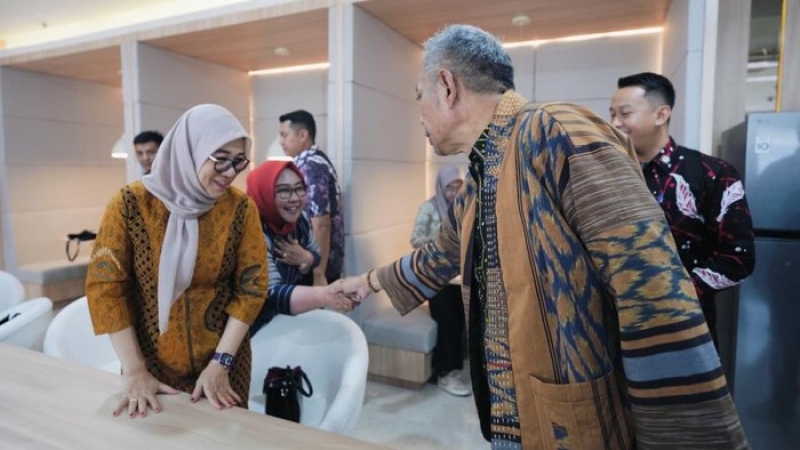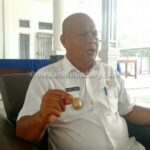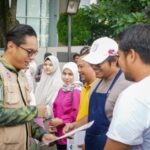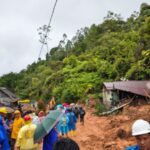The Deputy Minister of Social Affairs conveyed three important directives during a meeting with regional heads at the Ministry of Social Affairs office in Central Jakarta. These include the People’s School program, Disaster Preparedness Villages, and the updating of the National Socio-Economic Single Data (DTSEN).
“The President has instructed that all social assistance programs must be based on DTSEN. Regional governments must regularly update the data to ensure no poor families are left behind,” emphasized the Deputy Minister in a written statement.
Accelerating the DTSEN update by regional governments is critical because it affects poverty alleviation and empowerment programs to ensure they are effective, efficient, and on target. DTSEN serves as the reference for all national programs.
Therefore, working outside DTSEN data could lead to serious problems.
“If a program does not align with DTSEN data, it could be questioned by the Audit Board. Therefore, village deliberations and validation through PKH companions must be properly implemented,” said the Deputy Minister.
“Do not let the people become victims due to inaccurate data,” he added.
The Deputy Minister emphasized that the development of People’s Schools is a priority program of the President to break the chain of poverty. He hopes that the governments of Padang Panjang and Pasangkayu will quickly realize the pilot People’s Schools using existing regional government buildings.
This is because the central government will prioritize the construction of permanent buildings in regions that already have pilot People’s Schools.
The Deputy Minister then underlined three main directives to the regional heads: synergy with stakeholders regarding DTSEN data updates, submitting formal proposals for pilot People’s Schools, and Disaster Preparedness Villages in accordance with the Ministry of Social Affairs’ mechanisms.
“The President wants programs to be directly felt by the people. So after leaving here, organize DTSEN data, prepare proposals for People’s Schools and Disaster Preparedness Villages, and report to the Ministry of Social Affairs,” stressed the Deputy Minister.
“Do not let it remain just talk,” he continued.
These directives were met with readiness from the Padang Panjang City Government and Pasangkayu Regency Government to succeed in poverty alleviation programs that are a priority. The Head of Social Services of Pasangkayu Regency reported that the ground checking process or spot testing of social assistance recipients in their area has reached 90%.
“We continue to improve data to avoid mistargeting; currently the progress is already 90 percent, Mr. Deputy Minister,” said the official.
In addition to discussing DTSEN, the meeting also reviewed proposals for the construction of People’s Schools and Disaster Preparedness Villages in Padang Panjang City and Pasangkayu Regency. The Mayor of Padang Panjang conveyed that they have prepared a 30-hectare plot of land for the construction of a People’s School.
“And it already has road access, Mr. Deputy Minister. It is being processed at the ATR/BPN. We hope our proposal can be accepted to complement our city’s nickname as the City of Education,” hoped the Mayor.
The Deputy Mayor of Padang Panjang added that besides the People’s School, they also proposed the Disaster Preparedness Village (KSB) program.
“Our region is located on the slopes of a volcano, making it prone to disasters. In this regard, we hope for support from the Ministry of Social Affairs for Disaster Preparedness Villages,” said the Deputy Mayor.
Meanwhile, the Deputy Regent of Pasangkayu emphasized their region’s readiness in preparing certified land for the construction of a People’s School.
“We have prepared 5 hectares of certified land and are fully ready to support the People’s School program,” said the Deputy Regent.






